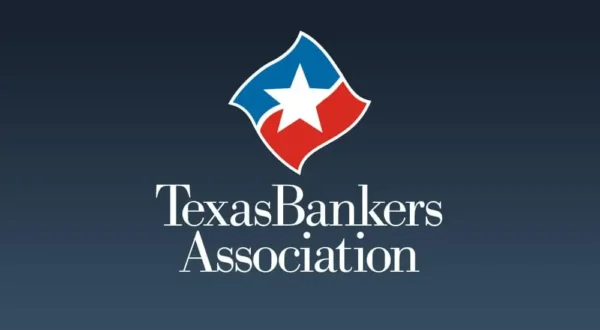Commercial & Residential Appraisals
Learn the fundamental principles of the appraisal process, with a focus on reviewing the report for integration into the overall underwriting. The class will also provide an overview of the 2010 Interagency Appraisal and Evaluation Guidelines, the 2018 FAQs on Appraisal Regulations and the Interagency Appraisal and Evaluation Guidelines, with tips for integrating them into your existing policies, plus other practical issues that banks face.
When
Where
Virtual
Presenter

Richard Hamm
Richard Hamm has been training bankers for more than 30 years, including both creating and teaching courses for the American Bankers Association (ABA) and the Risk Management Association (RMA), plus regional banking schools (Graduate School of Banking – Wisconsin, Graduate School of Banking at Colorado, Southwestern Graduate School of Banking and Barret School of Banking – Memphis), numerous state banking and community banking associations and individual banks.
FAQs
9:00 a.m. – 4:00 p.m.
Program
Noon – 1:00 p.m.
Lunch
Real estate lenders, commercial and consumer lenders, credit analysts, mortgage lenders, private bankers, small business lenders, loan review specialists, special assets officers, lending managers, credit officers and support staff involved in the construction, appraisal review and real estate lending process.
Registrants will receive instructions in advance to access the online class and download the materials. Registrants will have access to a recorded copy of both sessions and materials for up to 90 days.
Register online or complete the attached form and submit via email. The fee includes access to the virtual seminar, program materials and session recordings.
IMPORTANT: Registration is per person. All attendees must be registered to ensure access to the program, materials, recorded content and to be eligible to receive CE credit.
Cancellation/Refund Policy
Cancellation/substitution requests must be made in writing. Email requests to education@texasbankers.com. Full registration fees will be refunded if written notice is received no later than March 25, 2024. Substitutions are permitted without penalty.
Texas State Board of Public Accountancy: 6 CPE credit hours per day. There are no educational prerequisites.




